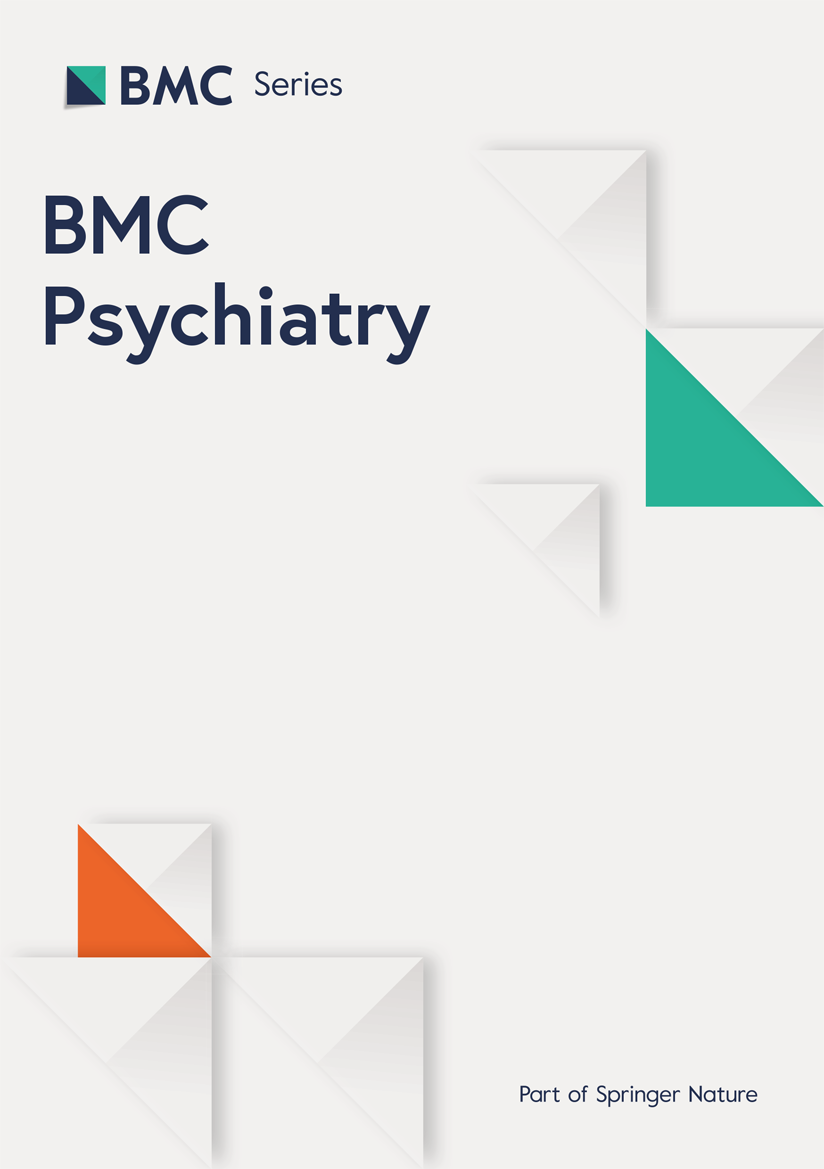What to eat before an exam
Having just started studying again in my late twenties, I am reminded of all the desperate ways we try to overload our brains when exams loom. Record cards, corkboards, exercise books, revision plans, mock tests and lots of sticky notes jostle for space, and while everyone's capacity for learning is different, there are practical things you can do to ensure your brain is ready to absorb all that information.
Late nights, stress, missed meals and quick food fixes all play havoc with our ability to concentrate, absorb information and function properly. So, if you're in the midst of a revision frenzy, give yourself the very best chance with our top tips to optimise your performance.
Read our guide to getting a good night’s sleep for more suggestions to help you nod off.

From wholegrains, nuts and seeds to tomatoes and sage, make sure you're opting for brain-boosting foods. In the build-up to the big day, try out a few different foods so you know which ones make you feel your best. Here are our favourite foods to keep your brain well-oiled and your memory sharp:
- Oats – providing a steady source of energy that helps to power you through those long-cramming sessions and will keep your focus and concentration sharp on the day itself
- Oily fish – studies suggest oily fish, like salmon, sardines and mackerel, may improve brain function and flexibility and help maintain your attention. Not a fish fan? Try chia seeds or flaxseeds.
How you fuel your body on exam day is critical to your success so fill up at breakfast on slow-release wholegrains like oats, these provide a steady supply of energy and don’t forget eggs, for that all-important recall.
Here are our five favourite pre-exam breakfasts and why they may help fuel you to success:

Designed to keep you full all morning, this breakfast provides a winning combination of carbs, protein and fats. With eggs for memory, avocado to support blood flow and wholemeal bread for a steady supply of fuel.
Who doesn’t love pancakes? The combination of oats with their slow-release energy as well as banana for its natural sweetness makes our pancakes perfect for energising you from the start of the morning until lunchtime.
Packed with fibre-rich oats and potassium-loaded bananas, this comforting porridge delivers sustained energy to keep your mind sharp and focused.
The addition of bio yogurt supports digestion and immune health, while a sprinkle of cinnamon adds a warming touch to this nourishing breakfast.
These protein-packed cottage cheese pancakes are made with porridge oats to provide slow-release energy, keeping you focused and full.
Top with fresh raspberries and blueberries for a natural boost of antioxidants, or a poached egg and roasted tomatoes for a savoury twist that fuels both body and mind.

Packed with brain-boosting ingredients, including salmon, pumpkin seeds, turmeric and eggs this is a breakfast of winners.
A low to moderate amount of caffeine might be your secret weapon to exam success because it appears to boost your concentration and mood during sub-optimal times of the day, like early morning.
This may be helpful for those stressed out by their exams and especially if the exam is scheduled to take place in the morning.
Don’t forget though, caffeine is a stimulant to which we all react differently – this will depend on your genetic make-up and your age, so be sure to understand how you react to caffeine before adding it to your pre-exam routine.
Whether you’re drinking coffee, tea, caffeinated soft drinks or even hot chocolate, low doses of caffeine may make you feel more alert and mentally sharp.
Don’t be tempted to increase your caffeine intake to higher levels though – caffeine in excess may work against you causing agitation and anxiety as well as dizziness, tremors and an inability to sleep well.
This means you should avoid energy drinks because their caffeine levels are typically high (and much greater than the maximum 150mg caffeine per litre permitted for regular fizzy drinks), energy drinks are not suitable for children, young people and certain other groups.

Other tips for a strong performance
Tempted to reach for something sweet to get you through? Sadly, that’s not the answer – the brain needs a steady and consistent source of energy to function optimally. The temporary high you'll get from sugary treats will be quickly followed by a crash in blood sugar levels, this is likely to lead to fatigue and muddled thinking.
So, ditch the sugar and prepare some tasty snacks instead – check out our healthy snacks including our lemon & coriander hummus and our healthy cookies, or enjoy blueberries, strawberries and other berries – they're full of vitamin C, which is thought to improve mental agility. Vitamin E and zinc are also believed to have a positive impact on the brain, so have a handful of pumpkin seeds or walnuts the next time hunger strikes.
Try these 10 healthy snacks you can make in minutes.
No matter how close your exam is, keep calm. Stress can have an adverse effect on your appetite and skipping meals or eating the wrong foods won't do your concentration any favours.
Discover our top diet and lifestyle tips to help manage your stress levels.
Studies suggest physical activity promotes blood flow to the brain including the parts of the brain that control our thinking and memory. Keeping active also appears to help us be more creative and perform better academically. Even 20 minutes of exercise before you sit down to study may be enough to improve your concentration and help you focus on your learning.
If you've been suffering from stress or sleepless nights or had a poor diet during revision, your immune system will likely need a helping hand. Avoid having your hard work scuppered by a cold or worse, instead be sure to fill your plate with the foods you need to stay well including fruit, vegetables and wholegrains.
Check out these immune-friendly recipes.
Enjoyed this? Now read…
How much sugar should children have?
Healthy eating: what school-aged children need
Healthy eating: What teenagers need
Top 5 foods to boost your child's brainpower
10 foods to boost your brainpower
Foods that improve memory
This article was last reviewed on 26 April 2024 by Kerry Torrens.
All health content on bbcgoodfood.com is provided for general information only, and should not be treated as a substitute for the medical advice of your own doctor or any other health care professional. If you have any concerns about your general health, you should contact your local health care provider. See our website terms and conditions for more information.













